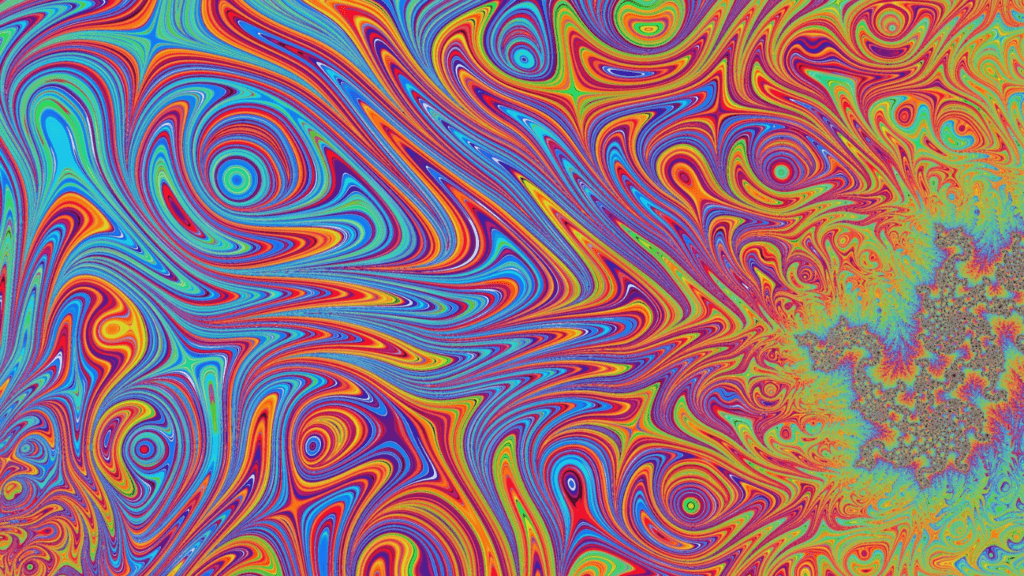Struggling with anxiety can be overwhelming, but the good news is that innovative therapies are constantly emerging to help manage and alleviate its symptoms. In this article, I’ll explore the latest cutting-edge treatments for anxiety disorders that are reshaping the landscape of mental health care. From virtual reality exposure therapy to mindfulness-based interventions, these modern approaches offer promising results in combating anxiety and improving overall well-being.
As someone who has seen the impact of anxiety firsthand, I understand the importance of staying informed about the advancements in treatment options. Join me as we delve into the world of groundbreaking therapies that are revolutionizing how we address anxiety disorders. Stay tuned to discover how these innovative techniques could potentially transform the way we approach mental health challenges.
Understanding Anxiety Disorders
Anxiety disorders are mental health conditions characterized by feelings of worry, fear, or unease that are persistent and excessive. These disorders can impact a person’s daily life, affecting their ability to function normally. It’s essential to recognize the different types of anxiety disorders, including generalized anxiety disorder, panic disorder, social anxiety disorder, and specific phobias.
Generalized anxiety disorder is marked by excessive worry about various aspects of life, while panic disorder involves recurrent and unexpected panic attacks. Social anxiety disorder is centered around intense fear of being judged or evaluated negatively in social situations. Specific phobias are characterized by intense and irrational fears of specific objects or situations.
Understanding the nuances of each type of anxiety disorder is crucial in identifying symptoms and seeking appropriate treatment. Recognizing the signs of anxiety disorders early can significantly impact the effectiveness of interventions and therapies, leading to improved outcomes for individuals dealing with these conditions.
Conventional Treatment Approaches
When it comes to managing anxiety disorders, there are several conventional treatment approaches that are commonly used. These methods have been extensively researched and proven to be effective in helping individuals cope with their anxiety symptoms.
- Medication
Medication is a typical treatment option for anxiety disorders. It can help alleviate symptoms and improve overall quality of life. Commonly prescribed medications for anxiety include selective serotonin reuptake inhibitors (SSRIs), benzodiazepines, and beta-blockers. It’s important to consult with a healthcare provider to determine the most suitable medication based on individual needs and medical history. - Psychotherapy
Psychotherapy, also known as talk therapy, is another cornerstone in the treatment of anxiety disorders. It involves working with a therapist to identify underlying causes of anxiety and develop coping strategies. Cognitive-behavioral therapy (CBT) is a widely used form of psychotherapy for anxiety, focusing on changing negative thought patterns and behaviors. Other forms of therapy, such as exposure therapy and mindfulness-based therapy, can also be beneficial in addressing specific anxiety disorders.
Introduction to Cutting-Edge Therapies
Virtual Reality Therapy
I’m excited to delve into the innovative world of virtual reality therapy for anxiety disorders. Virtual reality therapy involves using immersive technology to create simulated environments that help individuals confront and manage their anxiety triggers in a controlled setting.
Innovative Therapeutic Techniques
Exploring cutting-edge therapies is crucial in staying informed about advancements in anxiety disorder treatments. One innovative technique gaining traction is biofeedback therapy, where individuals learn to control physiological processes like heart rate and muscle tension to reduce anxiety symptoms. Another promising approach is neurofeedback, a method that helps individuals regulate brain activity patterns to manage anxiety more effectively. These novel interventions complement traditional treatments, highlighting the progressive nature of anxiety disorder management.
Personalized Treatment Approaches
Exploring cutting-edge therapies for anxiety disorders has uncovered a range of personalized treatment approaches tailored to individual needs. From virtual reality exposure therapy to mindfulness-based interventions, staying informed about these innovative techniques is crucial for effective anxiety disorder management. Additionally, advanced methods like biofeedback therapy allow individuals to take control of their physiological responses, offering relief from anxiety symptoms. Neurofeedback, another novel intervention, aids in regulating brain activity patterns, leading to improved anxiety management strategies. These personalized treatments complement traditional approaches, highlighting the dynamic landscape of anxiety disorder therapy.


